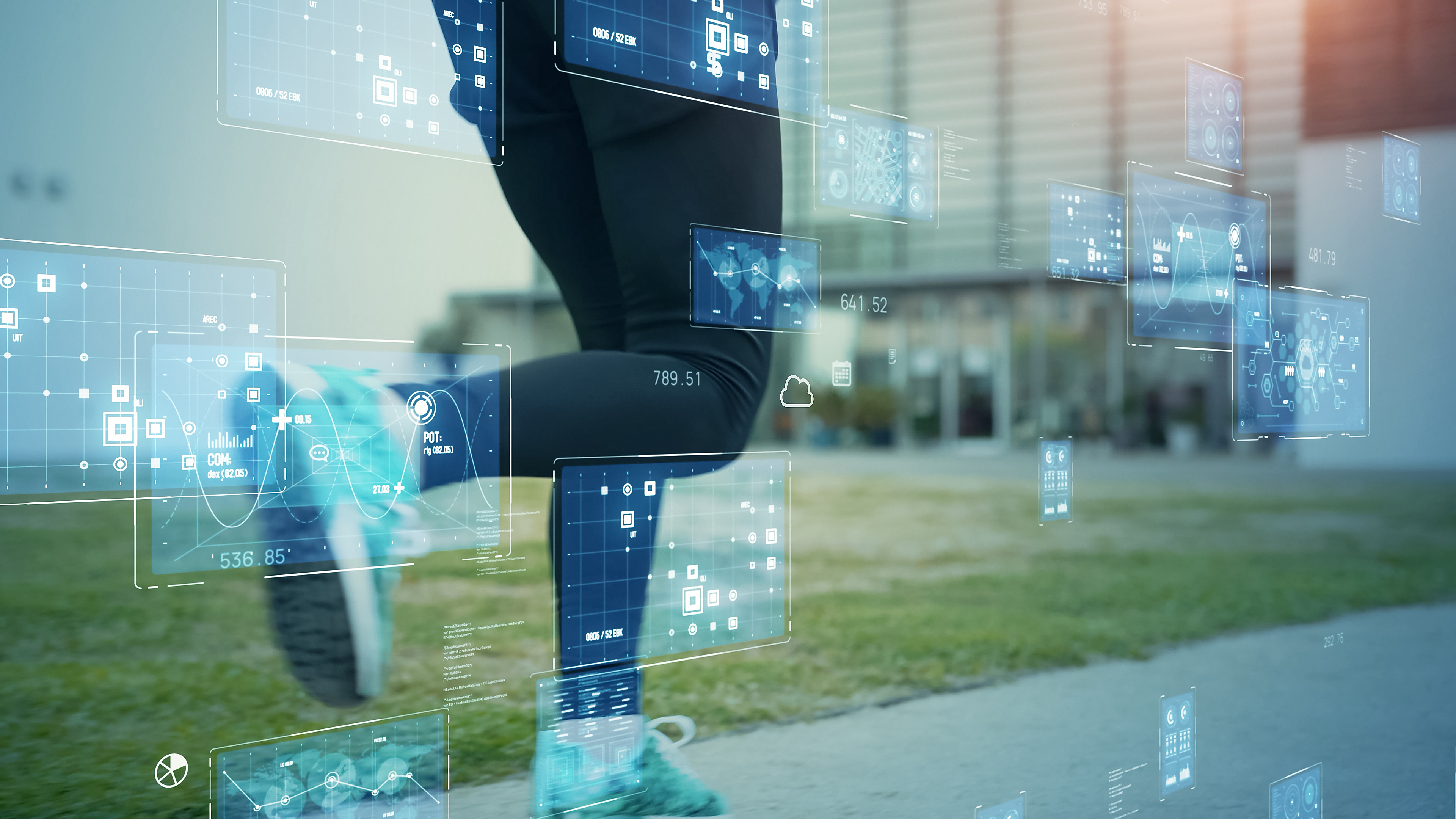Dr. Moataz Eltoukhy, an Associate Professor at the University of Miami's School of Education and Human Development, is pioneering research in the development of marker-less motion capture tools powered by artificial intelligence (AI). This innovative approach aims to revolutionize how clinicians, therapists, and coaches assess and improve the performance and health of athletes and patients.
Traditional motion capture methods require the use of specialized labs and expensive equipment, often costing hundreds of thousands of dollars. Patients or athletes must visit these labs, spend hours being outfitted with markers, and undergo complex procedures to capture their movements.
"The typical traditional motion capture used to be or traditionally is, costly. Takes time... especially for patients. It can be exhausting," Eltoukhy said.
Eltoukhy’s research seeks to eliminate these barriers by replacing marker-based systems with AI-driven, marker-less motion capture. This method uses simple video recordings, such as those taken with an iPad or iPhone, to analyze and assess motion.
"We started to do research... to this new trend of replacing what's called marker-based motion capture... with marker-less motion," Eltoukhy said.
The AI model, trained on vast amounts of data, recognizes body parts and joints, enabling accurate motion capture without the need for markers or specialized clothing.
"AI would be a way for us to train smart models that can recognize different body parts and allow us to do motion capture and biomechanics studies without the need for markers," Eltoukhy said.
The benefits of this approach are profound. It drastically reduces the cost of motion capture, requiring only basic video equipment. Moreover, it allows assessments to be conducted outside of specialized labs—in clinics, at home, or even on the field—thus making the technology accessible to a broader range of users.
"You only need video recording of the patients... and we can now do the motion capture inside the clinic, at home, or in the field," Eltoukhy said.
For instance, in sports, the system has already been installed at the University of Miami’s baseball stadium, allowing real-time assessments of players during games without disrupting their routine.
"Baseball players are now being recorded during the game... using AI, we can do our assessment without having to have those players come to the lab every time," Eltoukhy said.
This research is not limited to sports. It extends to clinical settings, where it can significantly improve the management and treatment of conditions such as ACL injuries and Parkinson’s disease. By providing objective data, the AI system enhances the decision-making process for physicians and therapists, leading to more precise treatment plans and better outcomes for patients.
"We provide more objective tools for the physician to make decisions... measure and quantify the progress of these patients," Eltoukhy said.
In ACL rehabilitation, for example, the AI can track a patient’s progress more accurately than traditional methods, helping to ensure a safe and timely return to normal activity or sports.
The ongoing collaboration with the Department of Computer Science aims to develop an app that will further streamline this process. This app will enable healthcare providers to record patient movements, analyze them using AI, and receive detailed reports—all within the clinic or on the field.
"We are working now with the Department of Computer Science to develop an app... where physicians or coaches can record the patient or athlete and get results back instantly," Eltoukhy said.

